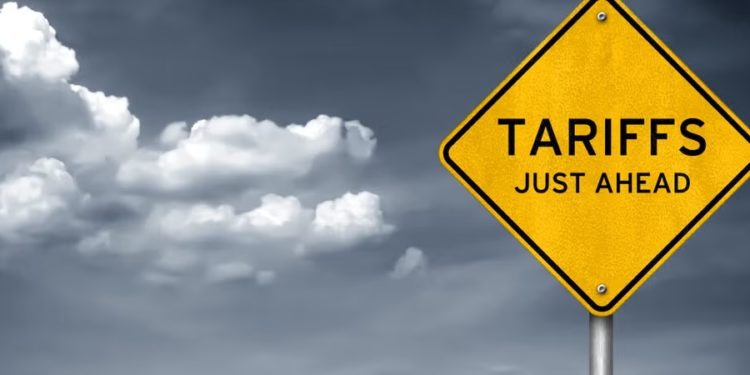Tariffs, designed to protect domestic industries by increasing the cost of imported goods, have significant consequences on investment decisions, both locally and globally. While they aim to encourage consumers to purchase locally, they also create a ripple effect that can reshape markets, sometimes in unexpected ways.
On a local level, tariffs can discourage foreign investment. When the cost of exporting goods increases due to tariffs, foreign companies may reconsider entering or expanding in that market. This is particularly true for industries reliant on global supply chains, where tariffs disrupt cost efficiencies. As a result, foreign direct investment (FDI) can decline, and investors may turn their attention elsewhere, seeking markets with fewer trade barriers.
However, tariffs can also benefit domestic businesses by making imported goods more expensive, giving local producers a competitive edge. This can drive investment in local manufacturing and infrastructure as businesses expand to meet increased demand for homegrown products. Entrepreneurs may seize the opportunity to fill gaps in the market left by foreign competitors, fostering innovation and local job creation.
Globally, tariffs complicate supply chains, forcing businesses to reconsider where and how they source materials. As companies seek to mitigate the costs of tariffs, they may shift production or supply sources, redirecting investment to new regions or domestic facilities. These adjustments can lead to new investment flows as businesses adapt to the changing trade environment.
For investors, tariffs introduce uncertainty and volatility. Stock markets often react negatively to the unpredictability tariffs bring, especially in sectors heavily reliant on international trade, like technology and agriculture. Investors must navigate this risk, potentially finding opportunities in markets or industries that benefit from the shifting economic dynamics.
While tariffs may protect certain sectors, they also create new investment challenges and opportunities. Investors must carefully assess how these changes affect both local and global markets to make informed, strategic decisions.
















